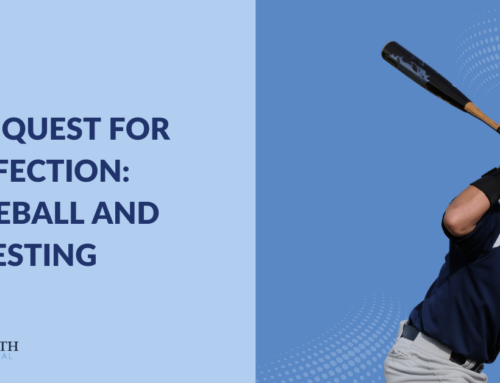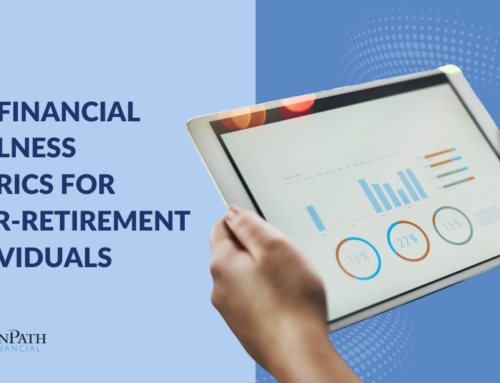Learning financial literacy, such as money management, budgeting, and investing, can seem daunting, but is no different than learning how to speak another language. Being financially literate allows you to have a better, more intelligent relationship with your money, allowing you to make financial decisions more quickly and efficiently.
Why is Financial Literacy so Important?
Financial literacy is vital in all parts of your life and your financial journey. Learning to budget and manage your day-to-day expenses will help you plan better for your future financial needs and your retirement. It will also help you avoid the pitfalls of debt and help you determine how much income you will need for your financial goals. Financial literacy can help better prepare you for a financial emergency.1
Strategies to Improve Financial Literacy
While trying to improve your financial literacy may seem daunting, a few simple strategies will help set you on the path to taking charge of your money and managing it smarter and more efficiently.
Budget Your Money
Creating a budget is one of the first steps toward improving your financial literacy. A budget will allow you to understand your most essential expenses and how much money you need each month versus how much you have to put toward expenses.
Make sure to include all your monthly expenses in your budget, such as money put toward savings, entertainment, and even vacations. You must make adjustments if your income does not cover your monthly expenses.2
Make Timely Payments
You must make your bill payments on time every month. Failing to make timely payments will result in late fees, interest charges, and damage to your credit report, which may result in less favorable loans when you need to borrow. Consider setting up autopay if you have difficulty paying your bills on time.1
Monitor Your Credit
Your credit report and credit score are essential indicators of your current and past financial health. These indicators will be checked when you go to banks or other financial institutions to apply for credit. If your credit history is poor, you may have to pay a higher interest rate or even be denied. Consider credit monitoring software, and check your free credit report each year to ensure there are no errors.2
Stay on Top of Your Debt
Debt isn’t always bad if you manage it well. In fact, you will need to have a history of managing debt when you seek funding from banks or other lending institutions. If you have high debt, plan to get it paid down, starting with the highest-interest debt. Once it’s paid off, don’t charge more than you can safely pay off each month.2
Financial literacy doesn’t have to be frightening. Like learning any language, it takes small steps and consistent practice. By following the few strategies above and learning more ways to manage your money properly, you can be better prepared for what the financial future may bring.
Important Disclosures:
The opinions voiced in this material are for general information only and are not intended to provide specific advice or recommendations for any individual.
All information is believed to be from reliable sources; however, LPL Financial makes no representation as to its completeness or accuracy.
This article was prepared by WriterAccess.
LPL Tracking #540923
Footnotes:
1 Financial Literacy. What it is, and Why it is so Important, Investopedia, https://www.investopedia.com/terms/f/financial-literacy.asp
2 The Ultimate Guide to Financial Literacy, Investopedia, https://www.investopedia.com/guide-to-financial-literacy-4800530
Sources:
https://www.investopedia.com/terms/f/financial-literacy.asp
https://www.investopedia.com/guide-to-financial-literacy-4800530






